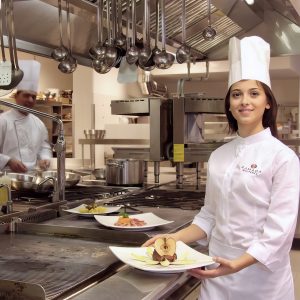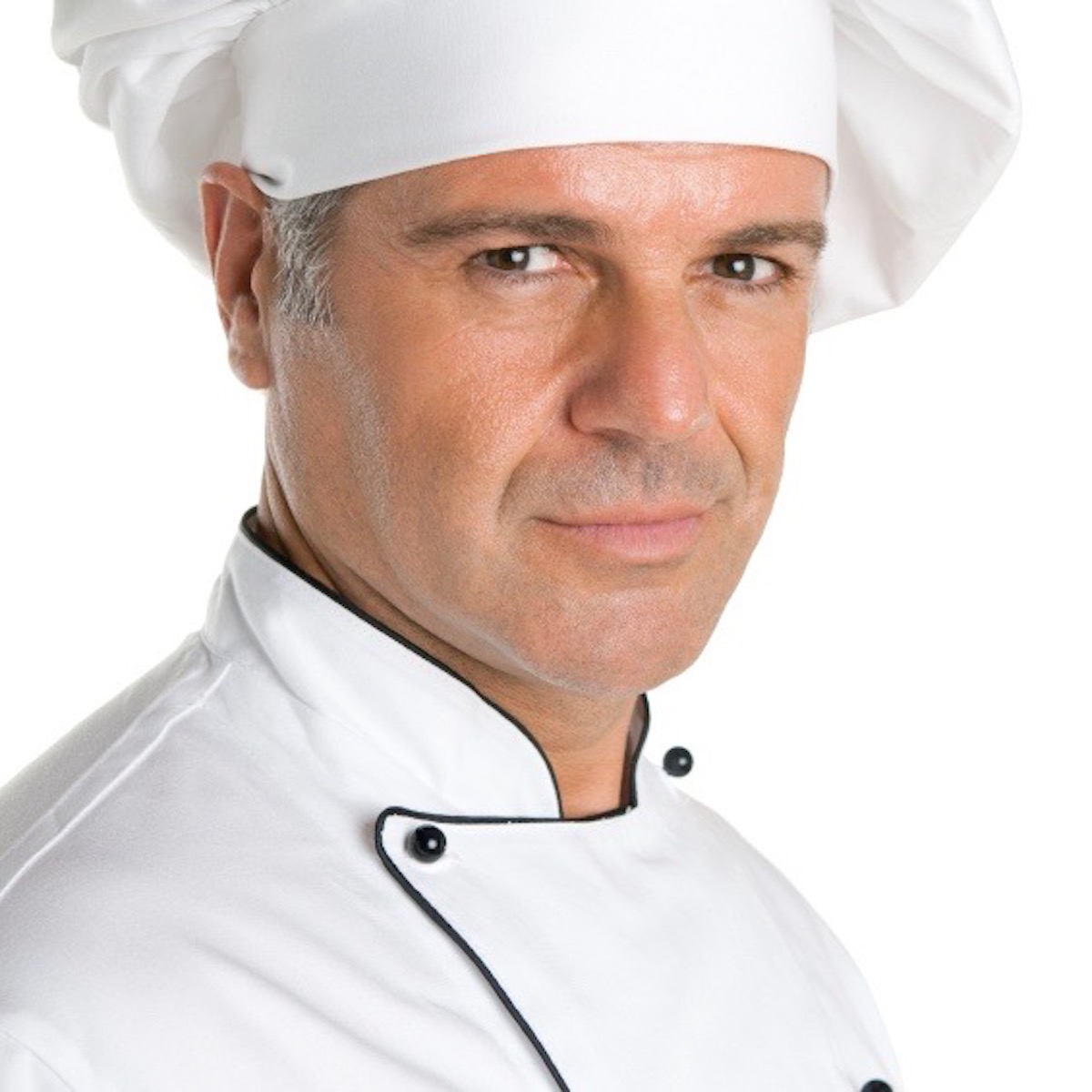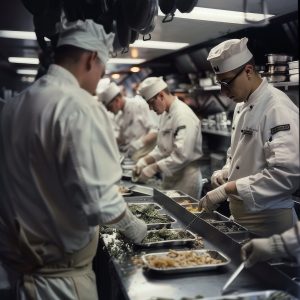Should I Become a Caterer or a Personal Chef?
With a catering degree or any kind of training in the catering business, there is often talk of small business ownership and development.
That’s because although there are big-name and big-brand caterers (usually aligned with hotel chains), the majority of caterers work for themselves, often running a small bakery or even providing food service out of their own kitchens at home.
There is quite a bit of appeal in this kind of work. Catering is a good way to put a culinary education to good use, especially if you like the idea of setting your own hours and getting away from the fast pace and high intensity of the restaurant world.
If you’re a self-starter and are interested in this type of work, you can choose between starting a catering business and starting a personal chef business.
The Catering Business
As a caterer, it is your job to provide a menu of appetizers, main courses, desserts, and beverages to a social function of some kind. This almost always includes food service as well as preparation, and you can work at everything from weddings and business conventions to smaller dinner parties out of a client’s home.
However, there is a lot more to catering than just making food. You typically have to purchase all your own supplies and equipment, and get the right business and food service licenses required in your city and state. You have to find clients, advertise your work, do all the accounting (or hire someone to), and still clean up at the end of the day!
The Personal Chef Business
At first glance, a personal chef business is a lot like a catering business. In both, you are responsible for creating meals and providing service for a client with specific needs (whether it is a bridal menu or a dietary restriction).
You can work either on site or at home, and there is a strong business component to everything you do. In many cases, you’ll be a personal chef to more than one client at a time, so you will have to mass-produce food in the same way you would as a caterer.
There are a few differences in the personal chef business, though. Personal chefs are often hired to provide specialty foods (organic, vegetarian, gluten-free, Kosher) in keeping with a client’s dietary need.
They also may be asked to provide both frozen and fresh service or to control portions for weight loss, sometimes coming up with a nutrition plan specifically for, say, a family of four who needs five meals per week. In this way, many personal chefs are also nutritionists.
Starting Your Culinary Career
In both cases, ensuring you have the necessary training to do your job well is important. Although you don’t have to go to culinary school or get a degree in hospitality management in order to start your own catering or personal chef business, a good education can go a long way in making you a marketable professional.
Having the right credentials and skills will boost your chances of success regardless of what kind of business you plan to start.















